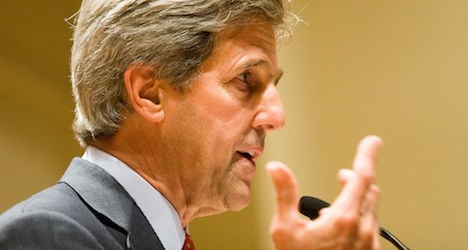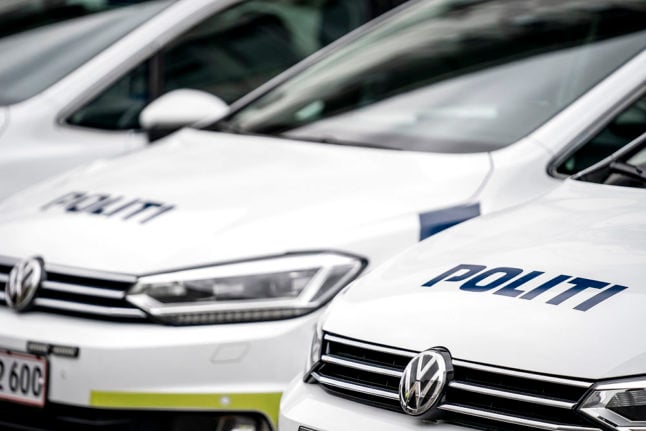Kerry "will see if progress can be made on the issues where significant gaps remain and assess Iran's willingness to make a set of critical choices at the negotiating table," spokeswoman Marie Harf said.
Foreign ministers from world powers have been invited to Vienna on Sunday to evaluate nuclear talks underway with Iran, a spokesman for lead negotiator Catherine Ashton also said on Thursday.
EU foreign policy chief Ashton "has invited … foreign ministers who are available to come to Vienna on Sunday to take stock of where we are" in the talks, spokesman Michael Mann tweeted.
The talks between Iran and the five permanent members of the UN Security Council plus Germany, which began last week, are aimed at forging a lasting deal with Iran meant to ease fears that the Islamic state might develop nuclear weapons.
The deadline to get a deal is July 20, when an interim deal struck by foreign ministers in Geneva on November 24 expires, although this can be extended if both sides agree to do so.
Earlier, a diplomat in Paris told AFP that French Foreign Minister Laurent Fabius would arrive on Sunday.
The negotiations have, as expected, proved tough going.
France has described them as "difficult" and on Tuesday said no major issues had been resolved, although Russia said Thursday there were "clear signs of progress".
The main sticking point is uranium enrichment, a process which can produce nuclear fuel — Iran's stated aim — but also in highly purified form the core of an atomic weapon.
On Tuesday Ayatollah Ali Khamenei, Iran's supreme leader, gave a speech indicating that Tehran intends to greatly increase its enrichment capacities.
The six powers want a sharp reduction, however, with a senior US official saying last week that Iran's enrichment capacities should be a "fraction" of what they are now.
This, coupled with other measures, would extend the so-called "breakout time" — the time Iran would need to make enough highly-enriched uranium for a nuclear weapon, should it choose to do so.
Iran says it wants to enrich uranium to fuel planned nuclear power plants around Iran, but these facilities are years, if not decades, away from being in operation.
Other difficult issues in what would be a highly complex accord include the pace at which UN and Western sanctions on Iran would be lifted under any deal, and increased UN supervision of Iran's facilities.
The two sides also need to agree on the fate of a new reactor being built at Arak which could give it plutonium, the alternative to uranium for a nuclear weapon.
Mark Fitzpatrick, a former US State Department official now at the International Institute for Strategic Studies, told AFP it was "too early" for the ministers to decide now to extend the July 20 deadline.
"It's safe to conclude that the ministers are going to Vienna to make a final push to try to get a deal. An extension wouldn't need such a high-level of negotiators and it's too early anyway to fall back to an extension rather than a comprehensive deal," he said.



 Please whitelist us to continue reading.
Please whitelist us to continue reading.
Member comments